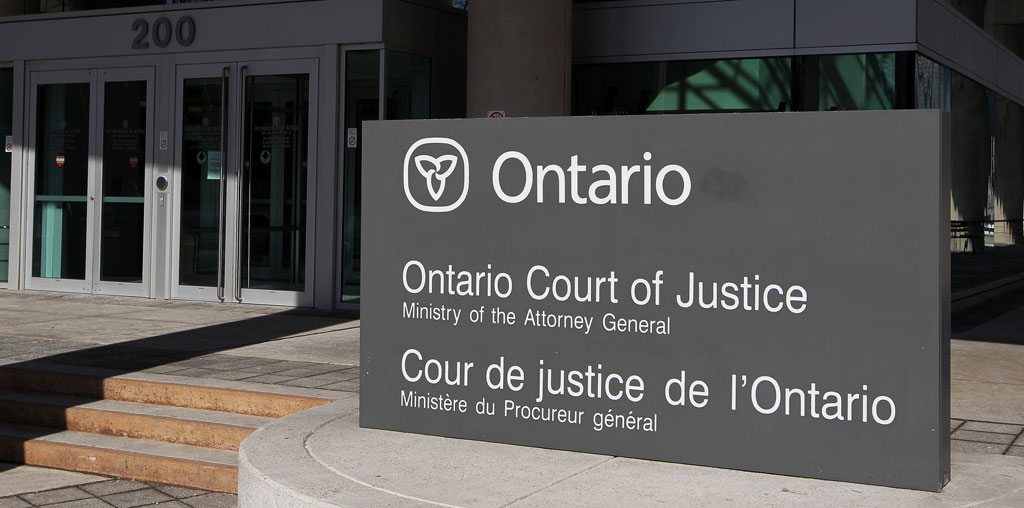Ontario’s growing court backlog has now reached smaller towns, leading to serious criminal charges being stayed due to excessive delays. The latest case in Owen Sound, where a man accused of child luring and sexual assault had his charges dropped after a 632-day delay, highlights a deepening crisis in the province’s judicial system.
For the first time in 27 years, Owen Sound’s courthouse has stayed a case under Section 11(b) of the Canadian Charter of Rights and Freedoms, which mandates that criminal trials be completed within 18 months.
“This is not a complex case,” stated Justice Julia Morneau, citing delays in scheduling, disclosure, and judicial pretrial proceedings as key reasons for the dismissal. “The increase in criminal law caseloads and trial co-ordinator scheduling issues significantly contributed to the delay.”
The accused, whose name has been withheld, was charged with sexual assault, sexual interference, and child luring after allegedly engaging in multiple sexual acts with two girls under the age of 16. The charges were laid in November 2022, but due to significant court delays, the case was not heard within the required timeframe, forcing the stay of proceedings.
The Ontario court backlog has worsened significantly since the COVID-19 pandemic, with more than 58,000 criminal cases being withdrawn, stayed, or dismissed in 2022/23—a 24% increase from pre-pandemic levels, according to Statistics Canada.
One major issue fueling delays is the “case stacking” system, where multiple trials are scheduled for the same day in anticipation that some will not proceed. However, when all cases move forward, a lack of available judges results in adjournments and eventual case dismissals.
“Stacking cases leads to a serious breakdown in the system,” said defense lawyer Ryan Handlarski, who represented the accused in the Owen Sound case. “If a judge isn’t available, trials simply don’t happen. This is becoming more and more common.”
With Ontario’s 2025 provincial election approaching, judicial reform and backlog reduction have become key policy issues. Here’s how Ontario’s four major parties propose to address the crisis:
- Progressive Conservatives (Doug Ford): Committed $29 million to hiring 190 Crown prosecutors, judges, and court staff while in power. Pledges harsher sentencing laws and bail reforms.
- Liberal Party (Bonnie Crombie): Proposes creating special bail courts to prioritize cases involving violent offenders and appointing more judges to reduce delays.
- New Democratic Party (Marit Stiles): Plans to hire more court staff, increase judicial pay, re-open closed courthouses, and expand Legal Aid funding.
- Green Party (Mike Schreiner): Calls for bail system reforms, faster trials for detained individuals, and stable Legal Aid funding to ensure fair access to justice.
Legal experts, including Osgoode Hall Law School professor Gerrard Kennedy, argue that excessive procedural requirements and disclosure obligations are also slowing down the judicial process.
“There are many steps in the trial process that, while well-intentioned, may not be necessary and actually delay trials instead of making them more efficient,” Kennedy said.
With Ontario’s judicial backlog worsening, legal professionals are calling for immediate system-wide reforms to prevent further dismissals of serious criminal cases and protect victims’ rights.

